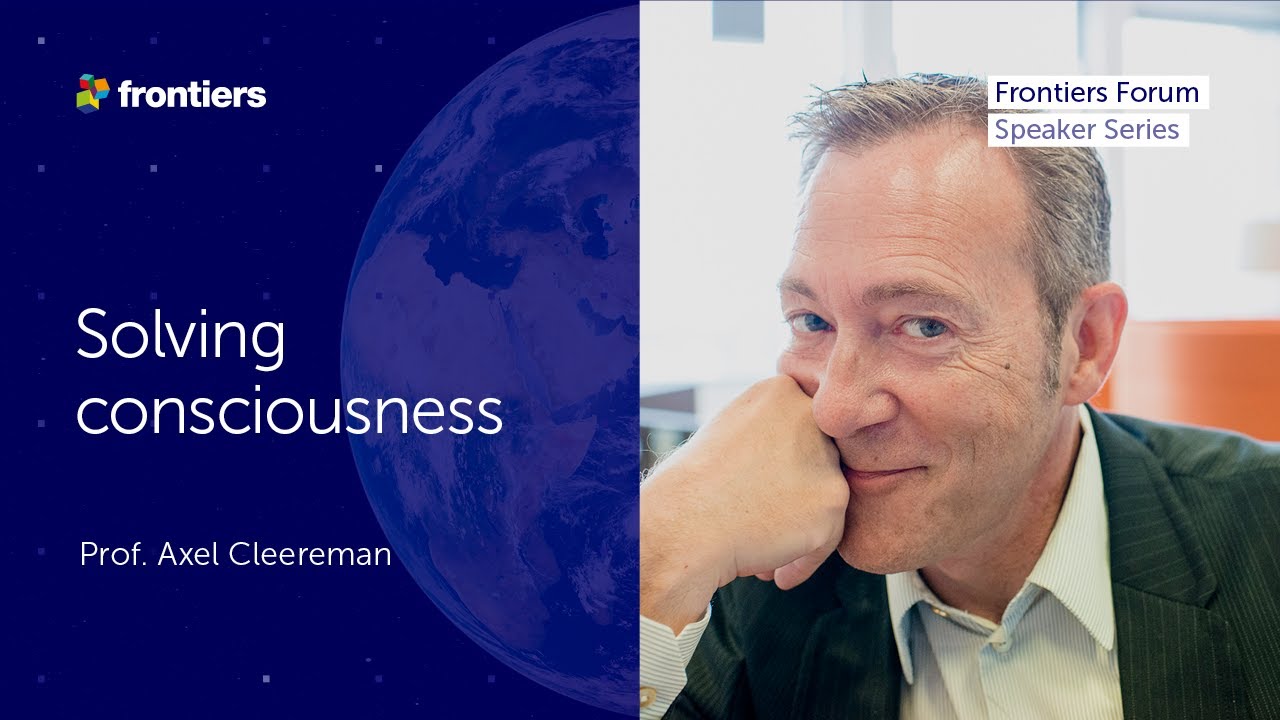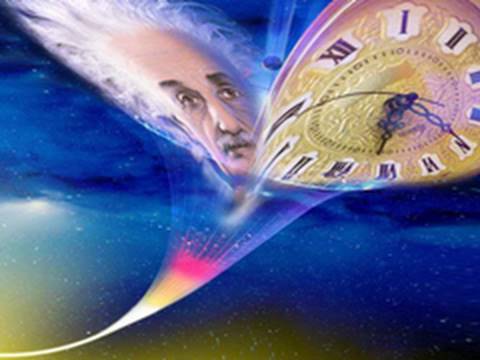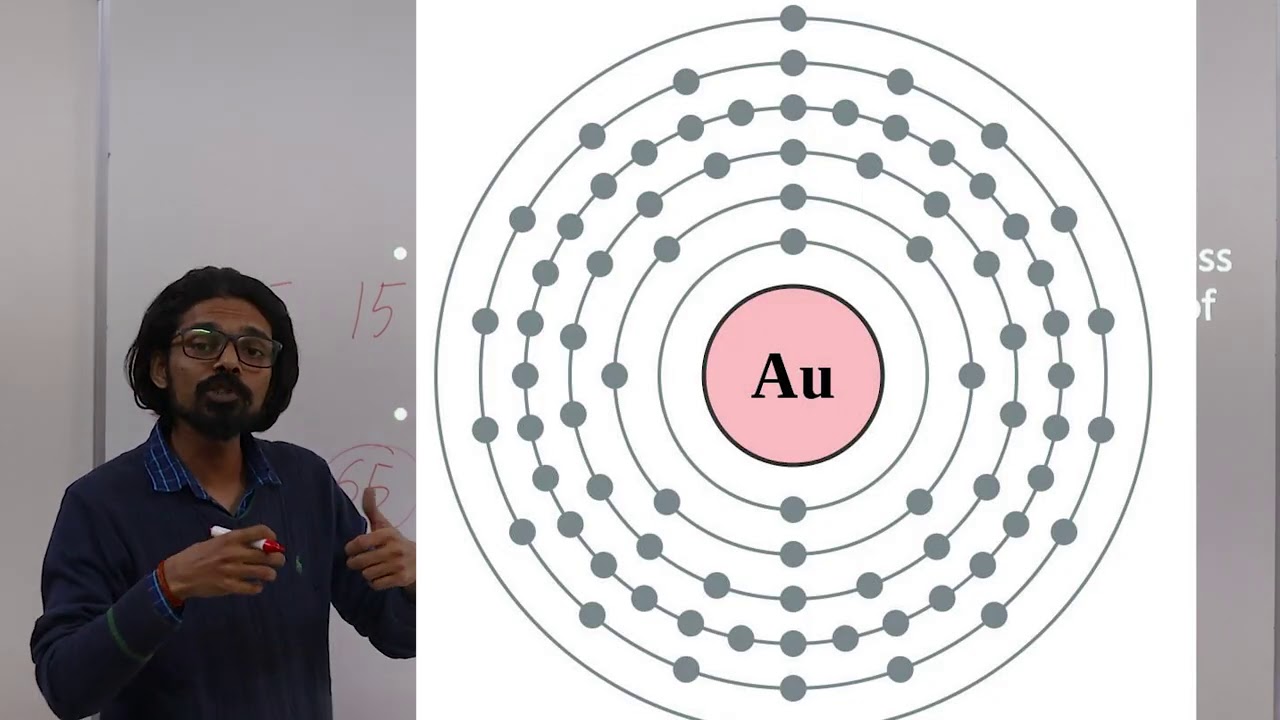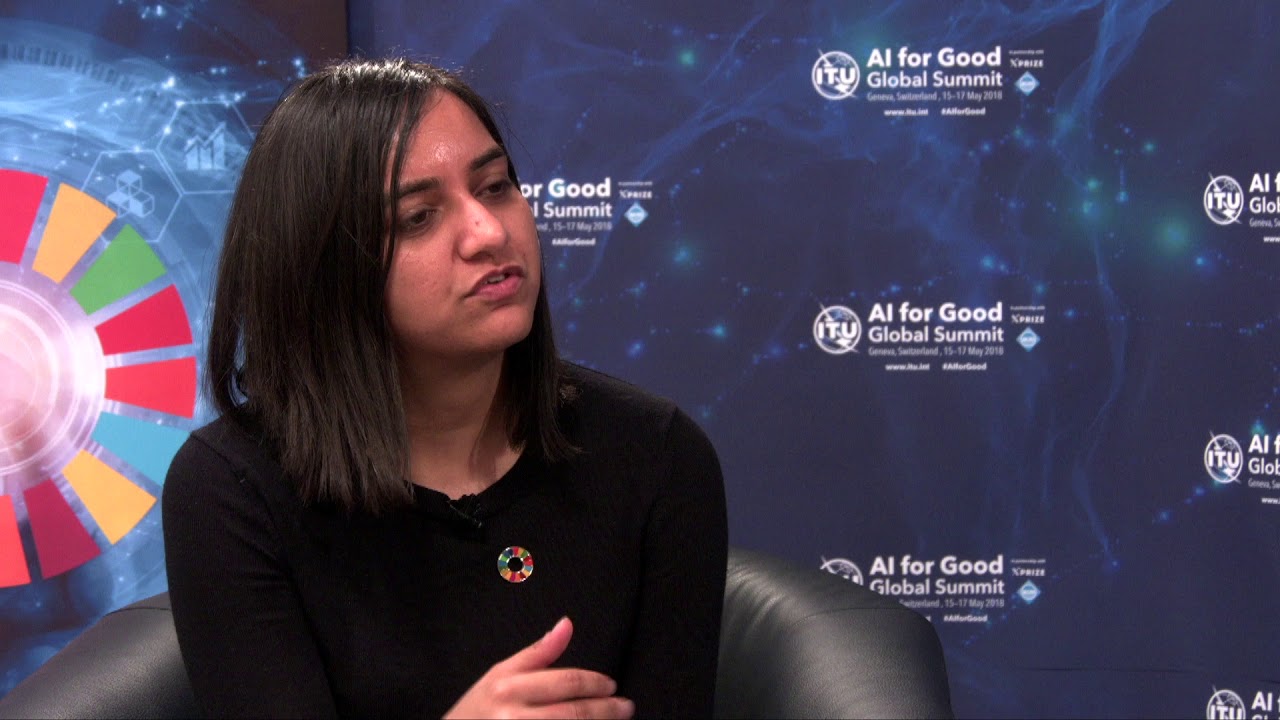Frontiers
Learn how a new approach to consciousness research may help us finally solve one of science’s greatest mysteries.
In his June 24 talk at the Frontiers Forum, Professor Axel Cleeremans explored the inner workings of our minds in a thought-provoking journey through the leading theories of consciousness. Axel was joined by fellow world experts in consciousness research, Professor Anil Seth, Professor Liad Mudrik and Dr Steve Fleming, to discuss a pioneering new approach to understanding this most fundamental part of what it means to be human. The session was attended by over 3,600 representatives from science, policy and business.
Axel is a Research Director with the National Fund for Scientific Research (Belgium) and Professor of Cognitive Science at the Free University of Brussels. Axel is also Chief Editor of Frontiers in Psychology, which has become the world’s largest multidisciplinary psychology journal under his leadership.
The Frontiers Forum showcases science-led solutions for healthy lives on a healthy planet. For upcoming talks, and to watch previous sessions, see https://forum.frontiersin.org/
MAIN TALK
00:00:10 – Introduction by Kamila Markram, CEO & Co-founder, Frontiers
00:02:08 – Axel Cleeremans
EXPERT CONTRIBUTORS
00:33:08 – Liad Mudrik
00:37:09 – Response from Axel Cleeremans
00:39:29 – Anil Seth
00:43:39 – Response from Axel Cleeremans
00:47:01 – Steve Fleming
00:49:59 – Response from Axel Cleeremans
Audience Q&A
00:53:35 – Question | What are the ethical and moral implications of AI consciousness?
00:54:14 – Response from Axel Cleeremans, Liad Mudrik & Anil Seth
00:58:22 – Question | Has there been any research on the slow fading away of consciousness in Alzheimer’s Disease and other dementias?
00:59:07 – Response from Axel Cleeremans & Steve Fleming
01:02:40 – Question | How do we overcome the bias of researching consciousness while experiencing consciousness?
01:03:15 – Response from Liad Mudrik
01:05:00 – Question | Do plants have consciousness?
01:05:22 – Response from Axel Cleeremans
01:08:43 – Question | Can collective consciousness emerge from a group of organisms?
01:09:14 – Response from Axel Cleeremans
Source




Nobody knows what consciousness is? Why would you make such a narrow-minded statement?
Have you spoken to everyone here? i doubt that.
I know what it is.
Very good talk. I would just point out that there are different degrees of consciousness. Continually predicting future states, 2, i.e. constructing consciousness (which Jeff Hawkins is pursuing) is something that birds and mammals and maybe other animals do and is selected by evolution. Social consciousness exists in social animals, like wolves. But consciousness only rises to human levels with the addition of language. It is language that helps us think about other people thinking and what they are thinking about what we think, c.f. Julian Jaynes. Seth absolutely gets it. I have advocated for years what I call the "engineering solution" to consciousness. Once we can engineer AI to be both intelligent and seem as conscious as humans and can adjust their self-awareness, reflection, humor, etc the "hard problem of consciousness" will be, not solved, but dissolved.
5:39 Imagine your Virtual Reality headset displaying insects as a sonic experience, that you can then chase with your joystick or other operator. That way "…we'll know what it feels like to chase insects at dusk." Don't you think?
I enjoyed Dr. Cleeremans' conference. Also, I missed the issue of animal consciousness. However, there were very interesting questions of young colleagues about the same issue in plants and robots.
Well, I got stuck at about 18:08 when the experiment involving the flashing of a confounding image with a word was explained. It was claimed that because an area of the brain hypothesized to be involved with processing words was activated that this was sufficient to conclude that although there was no conscious perception of the visual stimulus of the word, the word had been "subconsciously" perceived . . .
Given the delicacy of what was being explored this seemed rather sloppy . . .
Man partly good and partly bad live conscious
You cannot fully grasp consciuosness withuot believing spirit
It's becoming clearer that with all the brain and consciousness theories out there, the proof will be in the pudding. By this I mean, can any particular theory be used to create a human adult level conscious machine. My bet is on the late Gerald Edelman's Extended Theory of Neuronal Group Selection. The lead group in robotics based on this theory is the Neurorobotics Lab at UC at Irvine. Dr. Edelman distinguished between primary consciousness, which came first in evolution, and that humans share with other conscious animals, and higher order consciousness, which came to only humans with the acquisition of language. A machine with primary consciousness will probably have to come first.
The thing I find special about the TNGS is the Darwin series of automata created at the Neurosciences Institute by Dr. Edelman and his colleagues in the 1990's and 2000's. These machines perform in the real world, not in a restricted simulated world, and display convincing physical behavior indicative of higher psychological functions necessary for consciousness, such as perceptual categorization, memory, and learning. They are based on realistic models of the parts of the biological brain that the theory claims subserve these functions. The extended TNGS allows for the emergence of consciousness based only on further evolutionary development of the brain areas responsible for these functions, in a parsimonious way. No other research I've encountered is anywhere near as convincing.
I post because on almost every video and article about the brain and consciousness that I encounter, the attitude seems to be that we still know next to nothing about how the brain and consciousness work; that there's lots of data but no unifying theory. I believe the extended TNGS is that theory. My motivation is to keep that theory in front of the public. And obviously, I consider it the route to a truly conscious machine, primary and higher-order.
My intuitively felt advice to people who want to create a conscious machine is to seriously ground themselves in the extended TNGS and the Darwin automata first, and proceed from there, by applying to Jeff Krichmar's lab at UC Irvine, possibly. Dr. Edelman's roadmap to a conscious machine is at https://arxiv.org/abs/2105.10461
personal identity is similar to consciousness, it is generated by self concept itself, psychology is not a science!
they even do not understand themselves and at the same time want to build conscious machine!